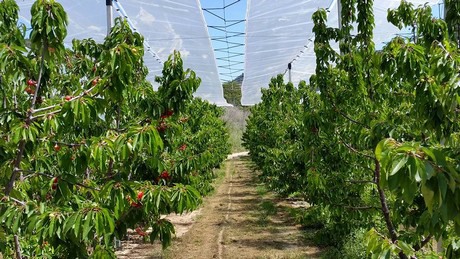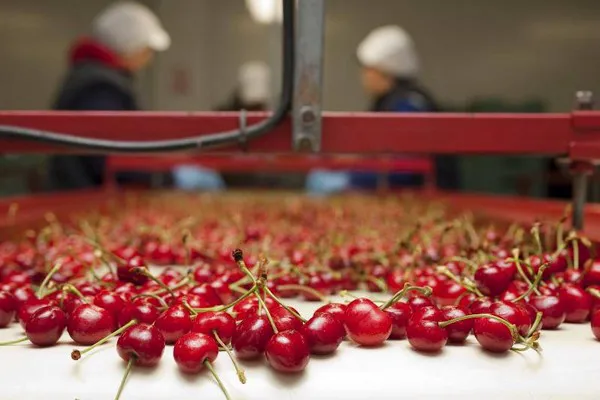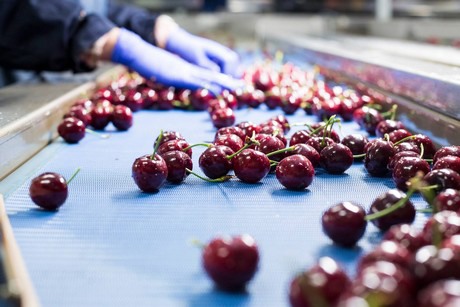The drop in temperatures in the last two weeks has slowed the cherry ripening in areas that were somewhat ahead of last season. "Given the circumstances, with the uncertainty caused by the COVID-19 crisis, the truth is that we are in no rush to start," says David Manero, partner of the cherry producer and exporter Cerima Cherries, from Tarragona. "We expect the fruit to be ready in about 20 days."

One of the biggest concerns for this company, taking into account the restrictive measures on mobility and social distancing that the Spanish Government has decreed to prevent the spread of the virus, is the management of the movement of the more than 1,000 pickers that are meant to work in the harvest, which is carried out for about 50 days.

“Facilitating the movement of the pickers is vital so that we can supply our cherries and save the campaign. We are talking about very intense work that must be carried out in a few weeks, and that's impossible under the current conditions, taking into account says that we must pick the fruit at the optimum point of ripeness, Brix and hardness. It will be a challenge, considering that not all farms have temporary accommodation and that most workers live 50 km from them. Vans and minibuses have limited seats available since the measures were introduced. Not everyone has vehicles to make the journey to the plantations. We are looking for solutions together with AFRUCAT (Association of Fruit Growers of Catalonia), such as resorting to school buses, which are currently not in use,” says David Manero.

According to the producer, although the flowering was very good, the fruit setting wasn't as good, and that will result in lower yields this year. "There won't be more cherries than in the previous season; however, we will have a similar volume to last year's, as new farms have entered production.”
Although Cerima Cherries has specialized in the export of cherries to overseas markets, this year it will focus more on European destinations. “Given the circumstances, we will prioritize the supply of cherries to nearby markets. It is going to be an exceptional year, very challenging in every sense.”
The coronavirus crisis has changed the consumption habits of the population, which due to the lockdown in place is making purchases once a week, on average. This has taken a toll on the demand for the most perishable products, such as strawberries, as well as for those that are difficult to carry, such as watermelons, or more expensive, such as asparagus. "We are not afraid of this happening with cherries," says David Manero. "Cherries are a retail-oriented product and are harvested with parameters that allow them to stay fresh and tasty for a reasonable time. We are specialized in shipping to distant destinations, which is why we give our cherries the maximum possible post-harvest shelf life.”
For more information:
David Manero
Cerima Cherries
T: +34 977 418 346
M: +34 696 869 388
cerima@cerimacherries.com
www.cerimacherries.com
